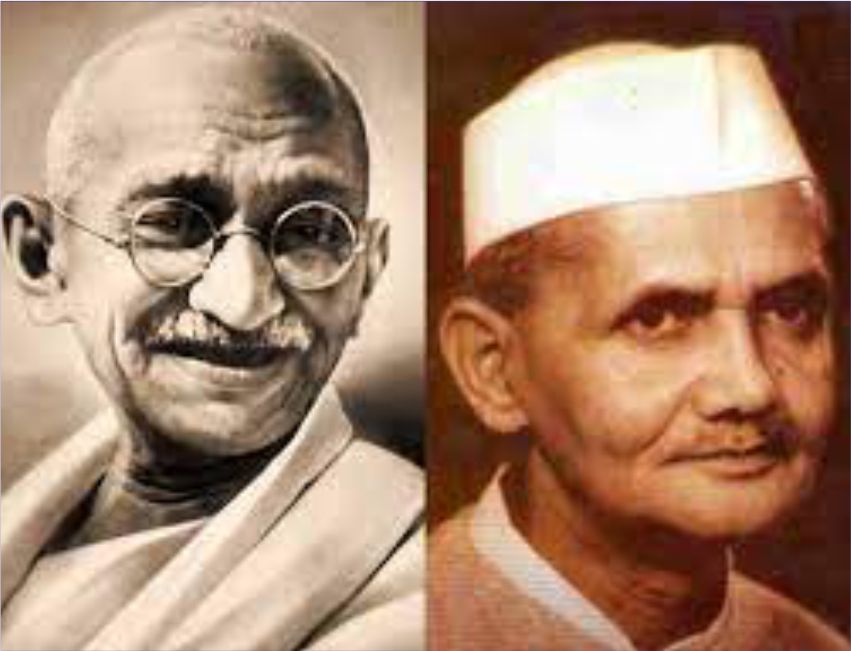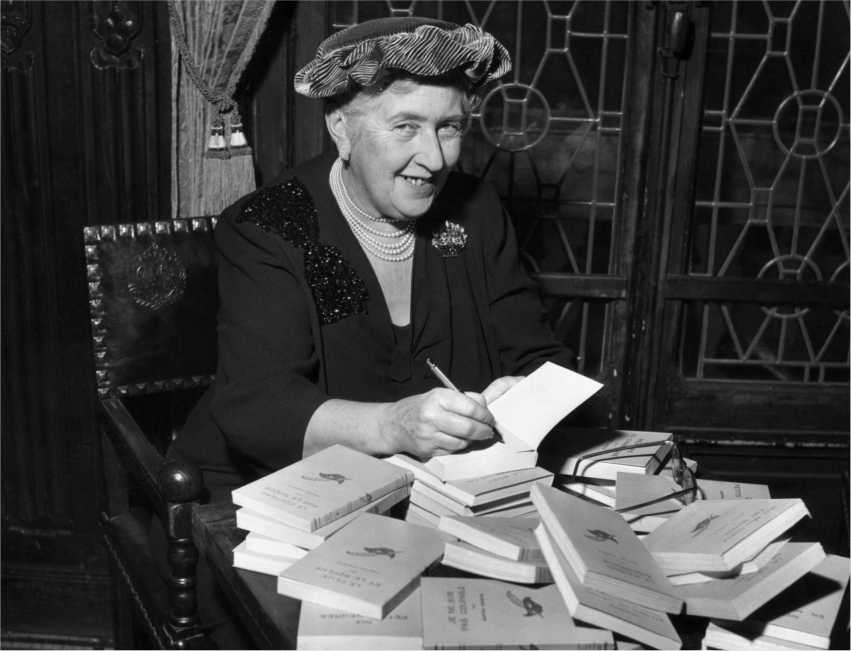Mahatma Gandhi and Lal Bahadur Shastri: Icons of India's Independence and Leadership

- Varda Sharma
- 02 Oct, 2023
As we reflect on the legacy of two of India's most revered leaders, Mahatma Gandhi and Lal Bahadur Shastri, we are reminded of their extraordinary contributions to the nation. These two stalwarts of Indian history not only played pivotal roles in securing the country's independence but also left indelible marks on our collective consciousness through their principles, actions, and unwavering commitment to the ideals of truth, non-violence, and self-sufficiency.
Mahatma Gandhi, affectionately known as Bapu, stands as an eternal symbol of India's struggle for independence. His life was a testament to the power of non-violence and civil disobedience as tools for achieving social and political change. Gandhi's vision of an independent India was rooted in principles of truth, justice, and unity among all communities, regardless of their religious or social backgrounds.
Gandhi's most significant contribution was his leadership in the non-cooperation and civil disobedience movements, which mobilized millions of Indians against British colonial rule. He believed that India could achieve independence without resorting to violence, and his commitment to non-violent resistance inspired countless others around the world, including Martin Luther King Jr. and Nelson Mandela.
The famous Dandi March in 1930, where Gandhi and his followers walked to the Arabian Sea to make their own salt in defiance of the British salt monopoly, remains an iconic symbol of his leadership. It demonstrated the power of collective action and peaceful protest.
Gandhi was not just a leader; he was a philosopher who advocated for self-sufficiency through his concept of "Swadeshi." He believed that India should produce its own goods and not rely on British imports. This idea resonated deeply with the Indian masses, leading to the promotion of Khadi (hand-spun cloth) and the revival of traditional Indian industries.
His unwavering commitment to social justice and equality was evident in his fight against the oppressive caste system and his efforts to bridge the gap between Hindus and Muslims during a tumultuous time in Indian history. Gandhi's vision of a united, inclusive, and independent India remains an enduring inspiration.
Lal Bahadur Shastri, the unassuming and humble leader, contrasted in many ways with the larger-than-life persona of Mahatma Gandhi. However, his impact on India's history and the world stage was no less significant. Shastri's leadership during a critical period in India's history earned him the respect and admiration of the nation.
Shastri became Prime Minister of India in 1964, following the sudden demise of Jawaharlal Nehru. His leadership was tested immediately during the Indo-Pakistani War of 1965. Despite facing immense challenges, he displayed unwavering determination and resilience, inspiring the Indian armed forces and the entire nation. His slogan "Jai Jawan, Jai Kisan" (Hail the Soldier, Hail the Farmer) encapsulated his vision for a self-reliant and strong India.
One of Shastri's most remarkable qualities was his simplicity and personal integrity. In an era marked by political maneuvering and power struggles, he remained an epitome of honesty and moral uprightness. His decision to resign as Railway Minister following a major train accident, taking moral responsibility for the tragedy, exemplified his commitment to accountability.
Shastri's leadership was characterized by his empathy for the common man and his ability to connect with people from all walks of life. His call for austerity during a time of food scarcity endeared him to the masses. He urged Indians to skip a meal a week to conserve food resources, setting a personal example by doing the same.
His role in promoting the Green Revolution in India, which significantly increased agricultural production, is another testament to his vision for self-sufficiency. Shastri's emphasis on science and technology as tools for progress laid the foundation for India's future development.
While Mahatma Gandhi and Lal Bahadur Shastri had different leadership styles and operated in distinct historical contexts, they shared fundamental values that continue to inspire generations of Indians.
Both leaders championed the cause of social justice, non-violence, and self-reliance. They prioritized the welfare of the common people and the unity of the nation above all else. Their commitment to truth, simplicity, and personal integrity set high ethical standards for public life.
In an increasingly complex and interconnected world, the legacies of Mahatma Gandhi and Lal Bahadur Shastri offer enduring lessons in leadership, morality, and the pursuit of a just and equitable society. Their lives remind us that true leadership is not merely about holding positions of power but about the impact one can have on the lives of others.
As we celebrate the lives and contributions of these two remarkable leaders, let us also reflect on how we can carry forward their ideals and principles to build a better, more compassionate, and self-reliant India – an India that honours the legacy of Mahatma Gandhi and Lal Bahadur Shastri.




